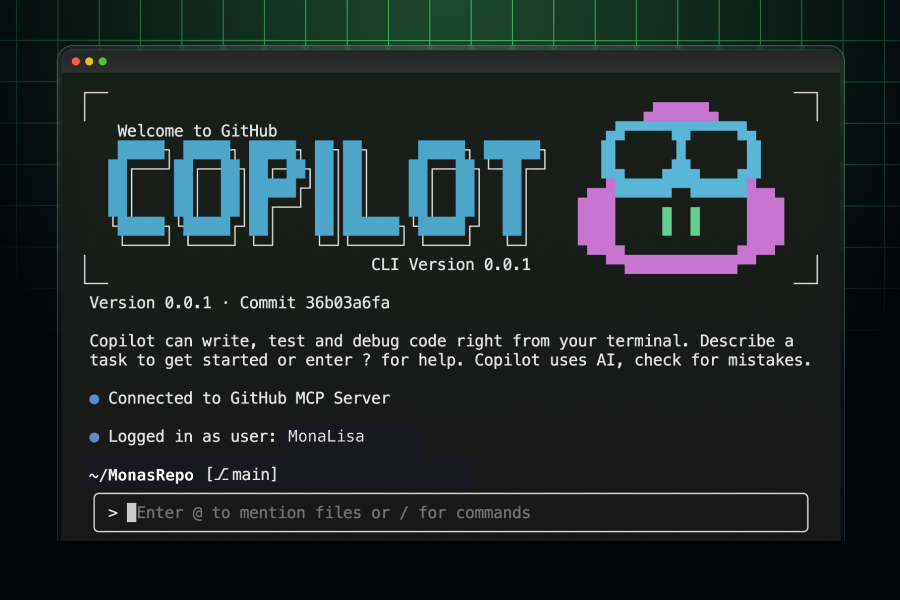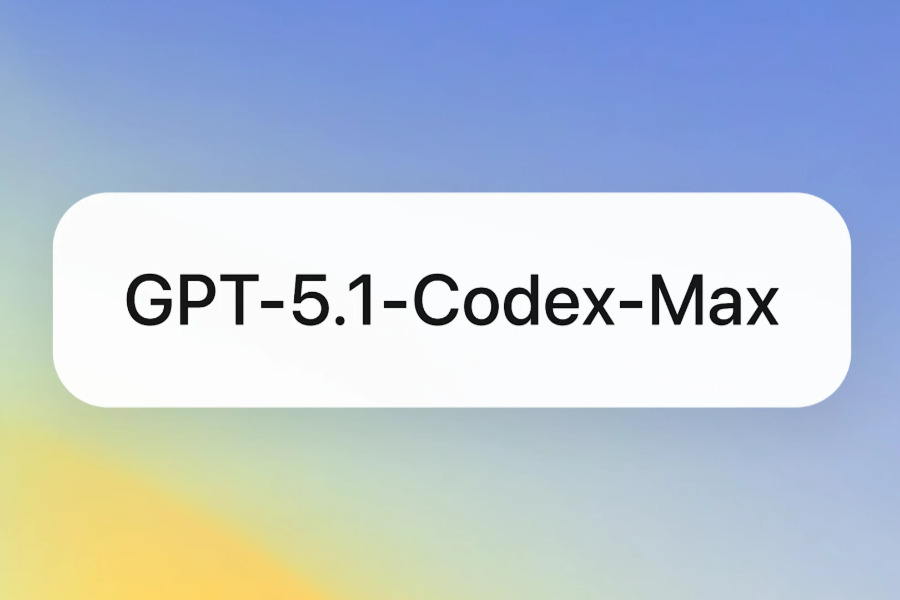GitHub has expanded the capabilities of its AI programming assistant beyond the code editor and into the command-line interface. The recently launched GitHub Copilot CLI introduces a powerful new tool that allows developers to utilize an AI agent directly within their terminal environment to complete entire development workflows, from code writing and debugging to refactoring and deployment.
This advancement represents a significant evolution in how developers will interact with AI-assisted tools, moving from simple code completion to comprehensive workflow management without ever leaving the terminal.
What is GitHub Copilot CLI
Unlike traditional code completion tools, GitHub Copilot CLI is designed as an all-in-one AI agent specifically optimized for the terminal environment. It’s engineered to understand both code context and the broader GitHub ecosystem, enabling it to synchronously handle local development workflows.

This new tool offers a significantly more robust, agent-centric experience compared to the former gh-copilot extension. By keeping developers in their primary terminal interface, Copilot CLI eliminates the need for constant context switching between different windows, leading to a notable boost in development efficiency.
Core Competency of GitHub Copilot CLI
The tool’s core strength lies in its intelligent agent design, which supports the multi-step planning and execution of complex tasks. The AI system can autonomously break down problems, write necessary test code, and perform iterative optimizations.
A key enabler is the built-in GitHub MCP server (Model Context Provider), which gives the AI assistant access to repository data and external resources. This capability allows the AI assistant to collaborate effectively, much like an actual team member. Furthermore, developers can enhance the system’s capabilities by integrating proprietary tools or data sources through custom MCP extensions.
Recent updates have made the tool more reliable and easier to debug. Developers can now view the execution progress of custom setup steps directly in the Agent session logs without needing to navigate to the GitHub Actions detailed logs page.
For security-conscious organizations, Copilot CLI incorporates robust safety mechanisms including a trusted directory system and granular tool permissions control. Users can specify which tools to allow or deny, and the system requires confirmation before editing sensitive files.
Deep Integration with GitHub Ecosystem
GitHub Copilot CLI achieves deep integration with the GitHub ecosystem, allowing users to read and write to code repositories, manage Issues, and handle Pull Requests using their existing GitHub account credentials and natural language commands.
The tool is now part of GitHub’s broader strategy to integrate Microsoft Azure AI services directly into developer tools. This includes “GitHub Copilot for Azure,” which provides customized, context-aware guidance directly within GitHub and VS Code, helping developers with resource management, application deployment, and troubleshooting.
Installation is straightforward through GitHub CLI extensions, and access is currently available to users with a Copilot Pro, Copilot Pro+, Copilot Business, or Copilot Enterprise subscription plan. The system employs a token consumption model billed per request, an important consideration for users managing costs.
Enterprise administrators should note that if an organization has enabled the legacy CLI policy, the system will automatically disable it to facilitate the transition to this new, more powerful agent tool.
Use Cases of GitHub Copilot CLI
The practical applications for GitHub Copilot CLI span numerous development scenarios:
Codebase maintenance: The tool can handle security-related fixes, dependency upgrades, and targeted refactoring tasks. For instance, developers can use commands like “Review the code changes in my working directory and tell me any critical errors found” to quickly identify potential issues.
Intelligent file system operations: Developers can perform complex file operations using natural language commands such as “Find all JavaScript files in the src/ directory that contain ‘TODO’ comments and list them”.
GitHub repository management: The CLI excels at managing Git operations with commands like “Create a new branch named ‘feature/user-auth’ and push to the remote repository” or “Merge all open PRs I created in the octo-org/octo-repo repository”.
DevOps and deployment workflows: From setting up Docker configurations for Node.js applications to managing deployment environments, Copilot CLI streamlines infrastructure tasks.
Team collaboration enhancement: The tool facilitates creating pull requests from recent commits, providing code quality feedback on PRs, and summarizing all changes made to the main branch during the week.
Conclusion on GitHub Copilot CLI
GitHub states that this new CLI tool is a crucial component of its broader Copilot ecosystem expansion strategy, with plans to integrate more model choices and advanced automation capabilities in the future.
The latest updates, including automatic model selection that switches between AI models based on availability, demonstrate GitHub’s commitment to continuously enhancing the developer experience.
As AI technology continues its deep penetration across the entire software development toolchain, the command-line interface—the traditional domain of power users—is poised to become the next significant battleground to be redefined by autonomous AI agents.



